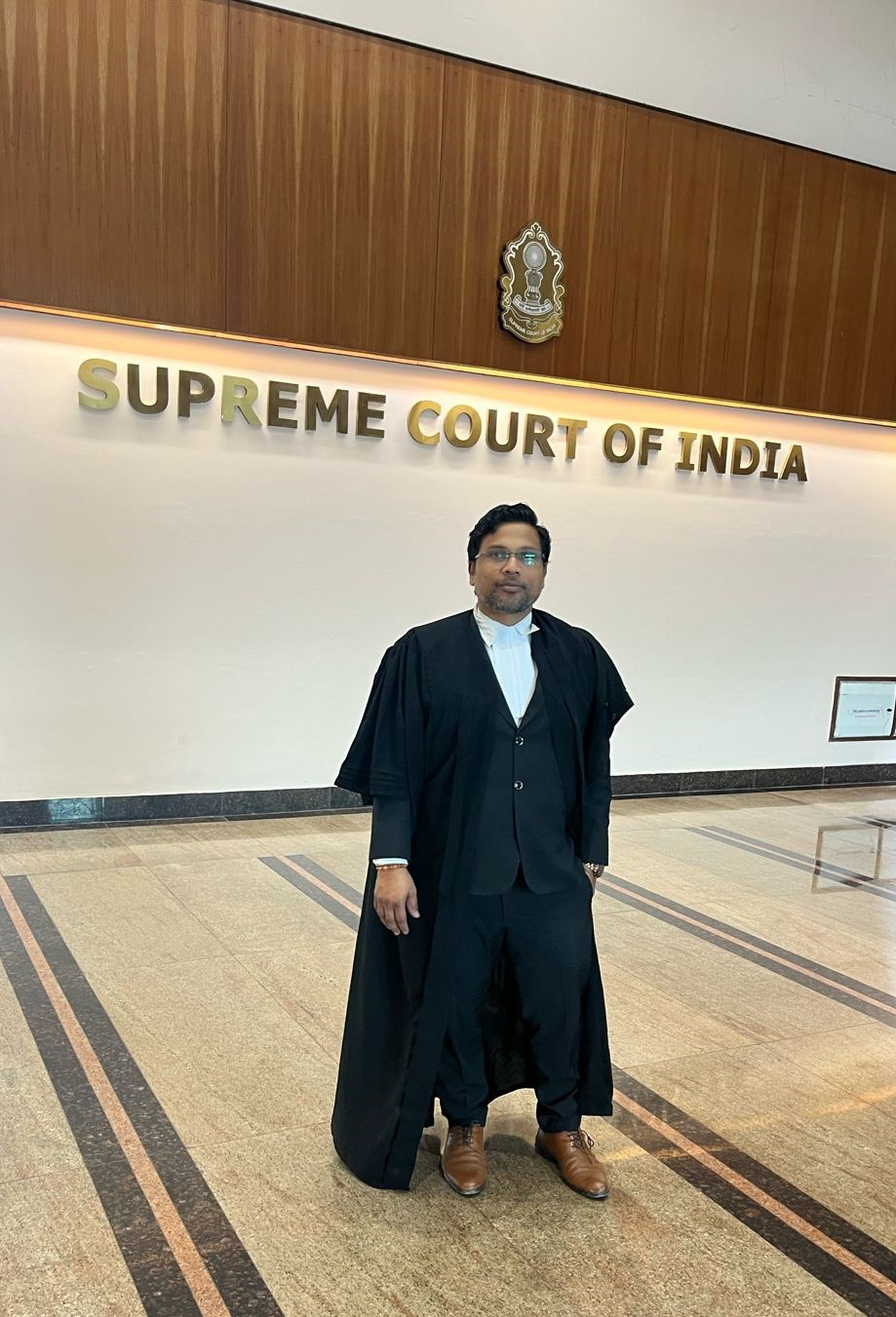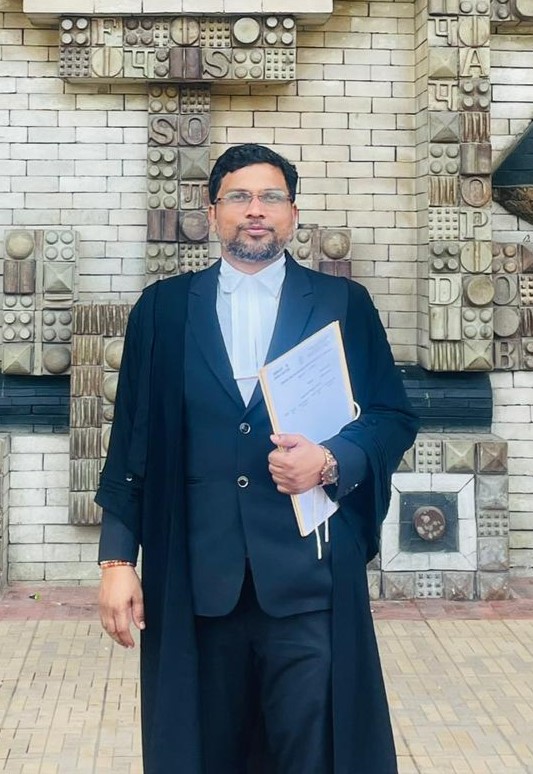Divorce Rules in India: Everything You Need to Know Marriage is a blessing. A successful marriage means falling in love with the same person many times. But sometimes this marriage does not work and turns into a divorce matter. But the divorce process in India takes work. This is a very complex place where one needs to understand the legal framework. India is a first country, many religious people stay here, and every reason has different laws. The divorce process involves legal and emotional steps That depend on the documents and the mental issues of both parties. Sometimes the divorce process is also held outside of the court and the lawyer can ensure that all the work is done under the legal process. So the environment of a lawyer in the divert process is very important and this blog will cover the key specs of divorce rules in India. Understanding Personal Laws As I mention earlier India is a country of different religions. So the divorce process also works differently for every religion. Some of the personal laws are: 1. Hindu Law Divorce among Hindus, including Buddhists, Jains, and Sikhs, is governed by the Hindu Marriage Act, of 1955. This act allows the Hindus to grant the divorce and also helps to get the negotiations. 2. Muslim Law Muslim divorce is based on Islamic principles and is governed by The Dissolution of Muslim Marriages Act, 1939 and customary practices. This also involves several factors like the Talak or the Khula and the mutual agreements. 3. Christian Law For Christians, the Indian Divorce Act, of 1869, is applied to them. This act also involves getting the result of adultery, cruelty, desertion, and other mental and physical abuse. 4. Secular Law This comes under the Special Marriage Act, of 1954. This act allows the individual to take their divorce when the two parties are from different religions. This law ensures a safe passage for both parties. Procedure for Divorce The divorce process is complex and one needs to understand some steps for going to court. The divorce process in India generally involves the following steps: 1. Filing the Petition A divorce petition is needed to be filed in the family court. The petition must have the requirements and the legal notices to grant the divorce. This needed to be written in a clear form. 2. Sending Notice The opposition party will have the divorce notice. This document needs to also mention the details of the divorce and it also needs to pursue the clear intention of the divorce. 3. Response by the Respondent The respondent’s agreement is also important for the divorce. If the respondent does not want to sign on the papers then this will come under the negotiation process. At that time that trial will go for both the parties. 4. Reconciliation Period The code will decide on a reconciliation process. This process will also legal actions like both the parties staying separately and joining the counselling to dissolve the marriage. 5. Evidence and Arguments Both parties need to present evidence and arguments to support their claims. The documents should be relevant to the case and these documents will have to clear the intentions of the divorce. After the documents are verified and the arguments, the court will give the final judgement. This judgment will also involve the monetary or financial disbursement. Why Choose Us So understanding the legal work and filing the petitions is not easy work. A lawyer can ensure that all the legal work is favours for the client. We are the Best Lawyers in Delhi and allow us to handle your divorce case. Our experienced team can handle the legal work and set you free. Please feel free to have a deal with us.
Domestic Violence Lawyer in Delhi
M.P. High Court Judgment Divorce – Ground of Cruelty by wife Hindu Marriage Act – S.13(1)(i-a) – Divorce – Ground of Cruelty by wife -husband further pleaded in his petition that respondent-wife always threatened him to lodge criminal reports against him and his family members. According to petition, respondent-wife threatened appellant that she will commit suicide or lodge report of harassment due to demand of dowry. – acquittal of appellant and his parents in criminal case lodged by respondent and prayed for grant of decree of dissolution of marriage on the ground of cruelty for lodging false report. – wife has not controverted the fact of acquittal and in these circumstances, it may be safely concluded that respondent-wife knowingly and intentionally filed false complaint, calculated to embarrass and harass appellant and his parents and such conduct of respondent is unquestionably constitutes cruelty as postulated in S.13 (1)(i-a) – in view of judgment delivered by Apex Court in K. Srinivas (Laws(SC) – 2014 – 11 – 31), husband is entitled for decree of divorce on the ground of cruelty and judgment of acquittal being subsequent event may be considered by this Court. – allow the appeal of appellant husband and grant decree of divorce. #divorce #cruelty #divorceoncruelty #hindumarriage #hindumarriageact #criminalreports #aquittal #falsecomplaint #dissolutionofmarriage #harassment #wifethreatened #divorceappeal #HighCourt #DelhiHighCourt #CaseLaw
Family Matters Cases Lawyer in Delhi
Family matters cases involve legal issues related to family relationships, including divorce, child custody, and support. Here’s an overview: Types of Family Matters Cases: Family Matters Case Process: Issues in Family Matters Cases: Resolving Family Matters Cases: By understanding family matters cases, individuals can navigate complex legal issues and make informed decisions.


